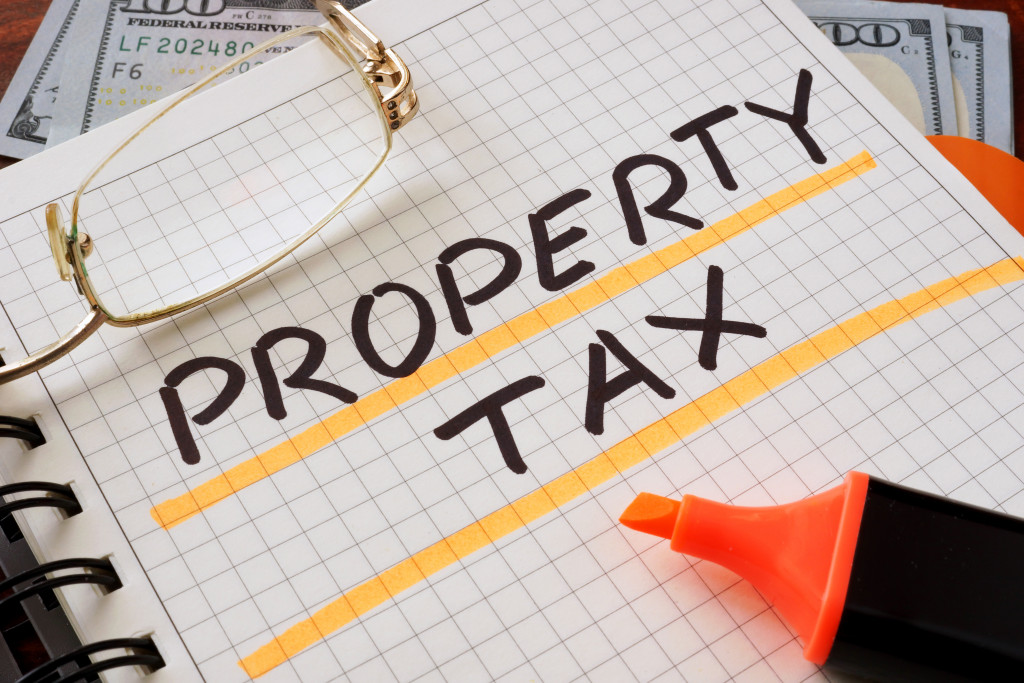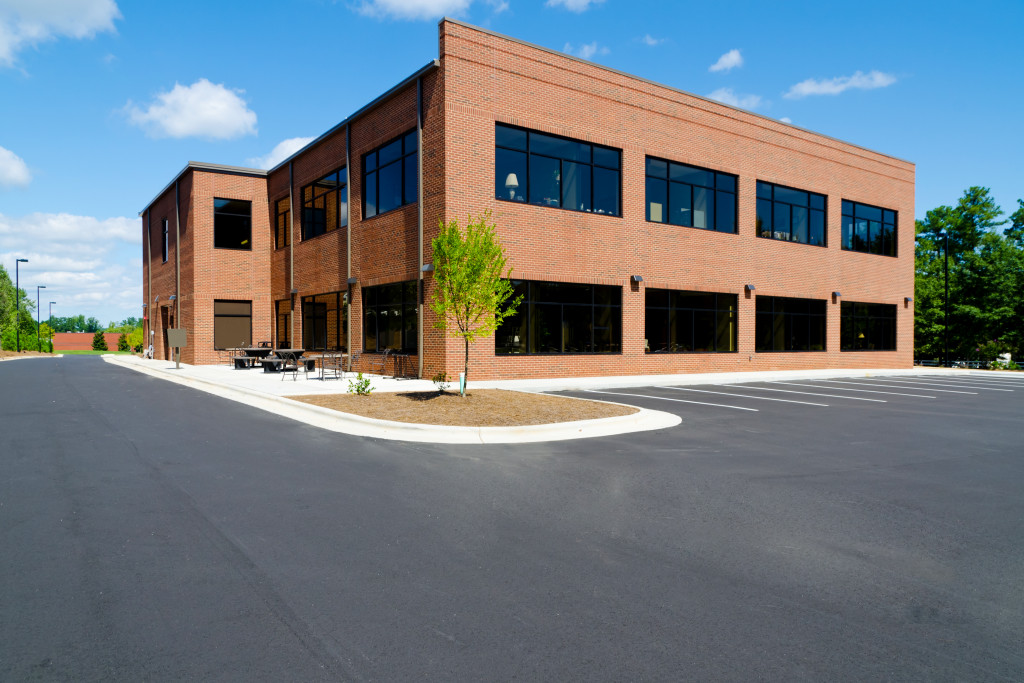- Developing commercial properties requires careful consideration of location, accessibility, zoning, building code compliance, and property tax implications.
- Location is crucial for attracting customers and complying with legal regulations.
- Accessibility includes physical and digital environments for individuals with disabilities.
- Zoning regulations and restrictions should be considered to avoid legal issues and financial losses.
- Building code compliance ensures public safety and peace of mind for property owners and the public.
Developing a property for commercial use requires careful planning and consideration of many factors. By considering these items, you can ensure your commercial property development project runs smoothly from start to finish.
Property Considerations
Researching various property considerations is critical to your commercial property development project. Here are some key points to consider:
Location
When developing a property for commercial use, location is one of the most crucial elements. A prime location can attract customers and provide access to crucial resources, while a poor location can limit business growth and lead to a loss of revenue. Considering aspects such as zoning, property taxes, infrastructure, and competition in the area can help determine if a location is suitable for commercial development.
Consulting with a real estate lawyer can also provide insight into the legal requirements and restrictions in the chosen location. Careful consideration of location ensures that commercial property is developed in compliance with regulations and is in proximity to a target customer base, ensuring long-term success.
Accessibility
Accessibility is critical to consider when developing a property for commercial use. It refers to creating physical and digital environments that every person can access, regardless of their abilities.
Under the Americans with Disabilities Act (ADA), businesses must provide full and equal access to individuals with disabilities. This means adhering to guidelines such as installing ramps, handrails, and designated parking spaces. Not only is accessibility a legal requirement, but it also promotes inclusivity, diversity, and corporate social responsibility.
Failing to consider accessibility could result in fines, lawsuits, or loss of customers. As such, developers must prioritize accessibility early in development and consult with accessibility experts to ensure compliance. By doing so, developers can create a welcoming and accommodating space for all, regardless of ability.
Zoning regulations and restrictions
Zoning regulations and restrictions are crucial considerations when developing a property for commercial use. These regulations are set to ensure that businesses are located in appropriate areas and not negatively impacting nearby residential communities.
Properly adhering to these regulations is crucial to avoid potential legal issues and financial losses. Commercial property developers should conduct thorough research on zoning laws and seek guidance from zoning experts to ensure their development plans comply with all applicable regulations.
Failing to do so could result in costly legal disputes, and project delays, and impact the success of the business in the long run. Therefore, developers must consider zoning regulations and restrictions from the beginning of the planning process to ensure a smooth and successful development.
Building Code Compliance
When developing a property for commercial use, it is crucial to consider building code compliance. This refers to adherence to state and city regulations for building design and construction.
These regulations aim to ensure public safety by setting building materials, electrical wiring, plumbing, and structural design standards. Noncompliance with these regulations can lead to costly consequences, such as legal fees, fines, and potential loss of life or property.
Property developers are responsible for working with architects and contractors who deeply understand building code compliance to ensure that their property meets all requirements before it is open to the public. Doing so ensures compliance with the law and peace of mind for both the property owner and the public.
Property Tax Implications

Developing a property for commercial use is a complex process with numerous implications. One of the most important is property tax implications. In simple terms, property tax is the tax you pay on the value of your property.
When developing a property for commercial use, it is essential to consider the potential property tax implications properly. This will help to ensure that you can effectively manage the cost of the property. Failure to do so can result in substantial and unexpected costs, significantly impacting your business’s bottom line.
Therefore, it’s crucial to seek expert advice on this issue to ensure that you understand the property tax implications and the impact that they can have on your commercial property development.
Risk Management

Developing a commercial property can be a profitable venture if done right, but it’s crucial to consider risk management to avoid potential problems. Risk management involves identifying and assessing potential hazards and then minimizing or eliminating them. It’s important to remember that risks are not limited to physical dangers like fires or earthquakes but include economic risks such as changes in the market or unexpected expenses.
Proper risk management techniques will protect the property and ensure the safety of customers, employees, and stakeholders. Property developers can reduce financial losses, improve decision-making, and ultimately create safer and more sustainable commercial property by taking this vital step.
These are just a few considerations when developing a property for commercial use. By conducting thorough research and planning, it is possible to create a property that complies with all legal regulations, is accessible to everyone, and offers a safe environment for customers and employees.

